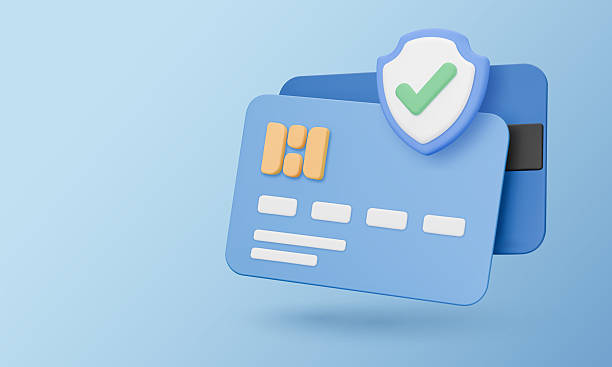When you have to borrow money for your business, your lender will evaluate your business credit history. A business credit score is a number between 0 and 100 that reflects a company’s creditworthiness. The factors that influence a business credit score are the same as those of a personal credit rating. Your business credit profile heavily relies on the following factors:
- Your business payment history
- Your total amount of debt
- The length of your credit
- The type of loans you owe
- How frequently do you make applications?
Most of the people think that your personal credit score will be substituted as a business credit score, but it is not true. Both scorings are different. A personal credit score reflects individuals’ financial behaviours by taking into account your personal loans, credit cards and secured loans such as credit cards. A personal credit rating reflects an individual’s creditworthiness.
A business credit score is calculated based on your business’s credit history. The score implies whether your business has been able to meet its financial obligations. While a business credit score is different from a personal credit rating, they are substituted. This happens when your business does not have a separate legal entity.
For instance, if you are self-employed, you cannot have a credit history as a business. In that case, your personal credit score will be considered to determine your affordability for a business loan. Your personal credit history also becomes important when you have just started running a company, and it does not have a business credit history. Therefore, maintaining a good personal credit rating is as important as a business credit score.
Ways to build a business credit score
Building a business credit score could be quite tough. A good business credit score ranges between 80 and 100. This implies that you are a less risky borrower. However, those who range between 50 and 80 are considered medium risky, while those with lower than 50 are assumed extremely risky. Of course, a high business credit score will help you qualify for a business loan at lower interest rates. Here are the ways to improve your business credit history:
- Start with a small limit credit card
If you are looking to build a business credit history, you should start with a small-limit credit card. It does not insinuate that you cannot take out a business loan, but this is the best way to dip your toe into the water. By using a small limit credit card, your chances of falling behind on payments will be less in case things go wrong. If you manage to pay back your debt on time, you will be able to build some credit. This will increase your chances of applying for a business loan at lower interest rates down the line.
It is always suggested that you consult different credit card providers because their interest rates may vary. Do proper research to get the best deal.
- Use your credit card responsibly
If you already have a business credit card, you should make sure that you do not max out your credit card limit. Doing so will increase your credit utilisation ratio. Unfortunately, this will ruin your credit rating. A high credit utilisation ratio will insinuate that you often rely on your credit card, as your business does not make enough profits. Do not use more than 25% of the given credit card limit and ensure on-time payments every month.
- Pay on time
If you have already taken out a business loan, you should repay it on time. Business loans are normally paid down over an extended period. The minimum repayment period for these loans is six months. It is necessary not to fall behind on payments because otherwise your credit score will be devastated.
While some lenders may be able to sign off on a business loan with no guarantor in the UK despite bad credit, interest rates will be quite high. If your business is not too old and your business credit rating is already worse, you will most likely be refused. A bad credit rating will make it challenging for you to take out a secured business loan, too.
- Limit credit applications
You should limit your credit applications. A golden rule of thumb says that you should carefully assess your business loan needs. Borrow money only when you think you can afford to pay it back. Otherwise, your lender will straightaway reject your application. It means you will be promoted to apply to another lender. Unfortunately, this will increase your risk of damaging your credit file.
Too many credit applications are not a good sign of a credible borrower. Your lender will assume that your financial condition is so bad that you are desperate to apply for a loan. You should always try to limit your credit applications. If you have been refused, make sure that you apply to a new lender after some time. This will minimise the impact of hard credit inquiries.
- Do file your accounts on time
It is worth noting that lenders do not lend money to registered businesses that do not file returns on time. While approving a business loan, lenders will evaluate your profit and loss statements and income tax returns. If you do not pay taxes on time, lenders will be sceptical about your business efficiency. They will likely presume that you do not file a return on time because of poor business performance.
- Pay your suppliers on time
It is a good practice to pay your suppliers on time. This helps improve your business credit history. It clearly shows that you pay your bills on time.
The final word
It is crucial to improve your business credit score because it helps you qualify for lower interest rates. Consult a broker if you are looking to get the best deal. Just make a query like the best business lending broker near me.
You will get many search results. Choose the one who is a registered broker and has a big panel of lenders.




